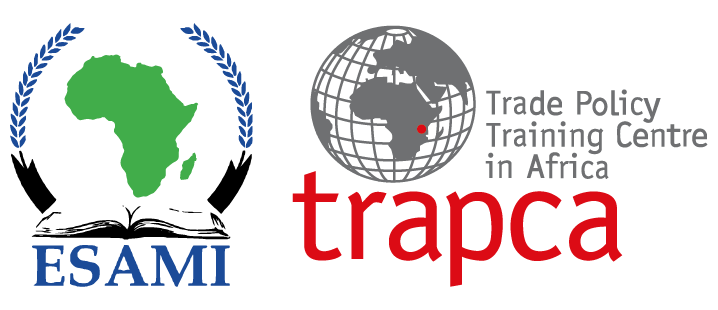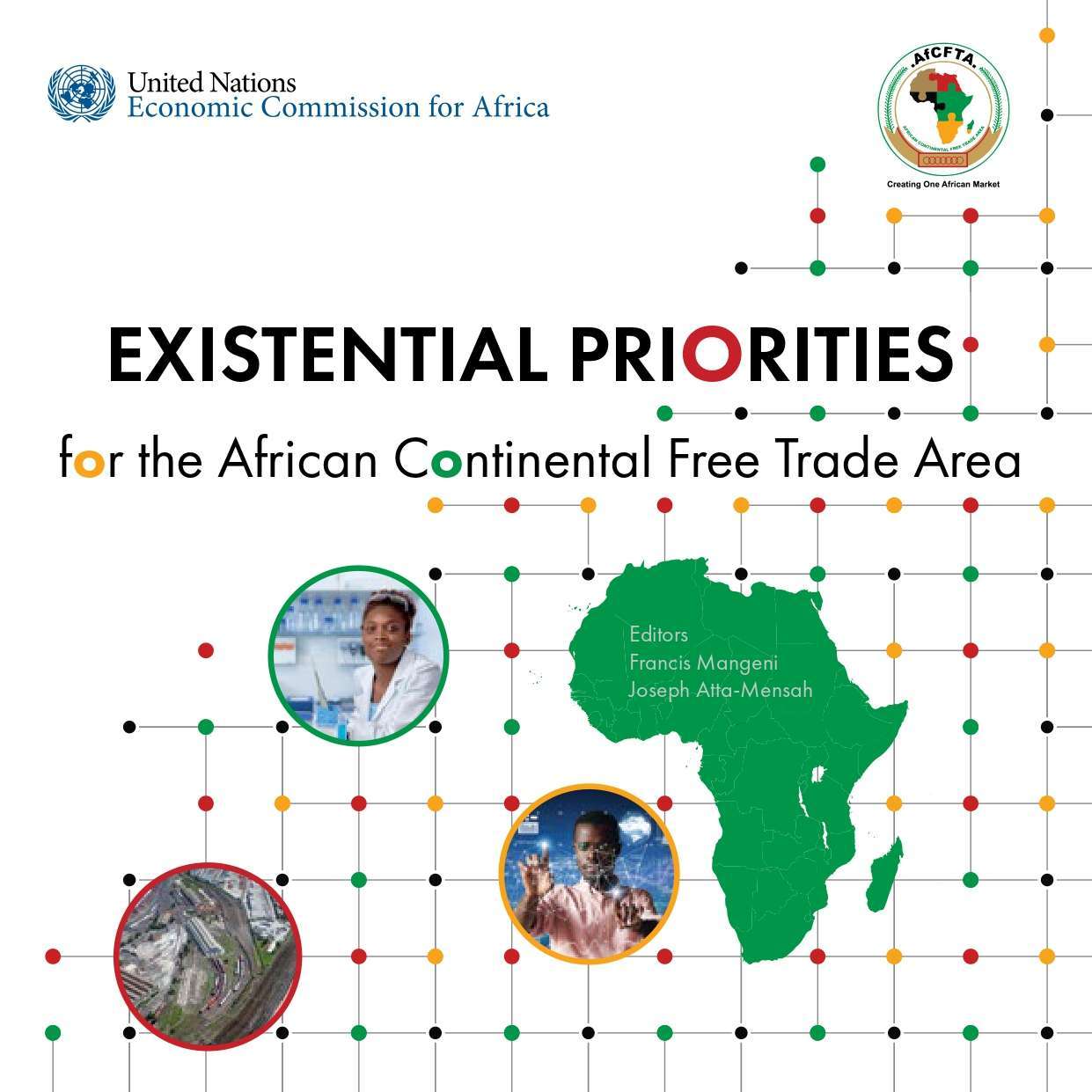Foreword
The African Continental Free Trade Area (AfCFTA) is of the same order of historical significance as the establishment of the Organisation for African Unity in 1963 and the African Union in 2002. Through trade and trade-related areas, it is poised to change the economic geography of Africa by creating the African Common Market. The AfCFTA enjoys strong political will and ownership at the highest level across the continent, which greatly improves its prospects. As a rules-based institution, it will inject a degree of predictability into trade and investment across the continent, which until now has been sorely lacking. It will support long-term planning in the public and private sectors. Underlying such processes of deep integration—which entail more than just trade liberalization between member states—is the harmonization of disparate regulatory regimes. The AfCFTA’s implementation will improve the business environment through wide-ranging policy reforms across the spectrum of trade and investment facilitation, fair competition, intellectual property and innovation, digitalization, and gender and youth empowerment in trade, as well as effective settlement of disputes and compliance with obligations on the part of governments for the benefit of stakeholders.
Africa has clearly articulated a vision of the AfCFTA as the continental forum for adopting, implementing, improving and enforcing a common set of agreed trade and trade-related rules and norms for the Africa We Want under Agenda 2063. The AfCFTA will progressively become a full common market as a key pillar of the African Economic Community. It should be inclusive, leaving no one and no country behind. It should benefit women, youth and small to medium-size enterprises. It should be transformative, and to this end, trade facilitation, industrialization and infrastructure will be critical must-wins. It should be digitalized and modern, to cope with and benefit from the digital and artificial intelligence advances of the fourth industrial revolution. It should be a learning and innovation-based institution. And it should be well-resourced, fit for purpose and green throughout.
We note with satisfaction that within just two and a half years, the AfCFTA has left its mark on the continent and throughout the world. It has mobilized partnerships with technical and financial institutions and with governments. The institutional framework for implementation, finalization of outstanding negotiations and strengthening of the Secretariat is in place. And while we are keenly aware of the challenges that must be addressed, we are undaunted by them.
Existential threats and challenges of conflicts, pandemics and epidemics, climate change and environmental destruction, and cyber-crime, as well as inequality and exclusion, must be continuously addressed if the AfCFTA is to succeed. The more practical challenges of implementation, low levels of industrialization and poor infrastructure will also require urgent attention. At the same time, broader efforts must continue at the national, regional, continental and global levels, because system-wide approaches will be required given the gravity and wide scope of these challenges. The AfCFTA provides an invaluable framework for meeting these challenges and existential threats.
This book is therefore timely. It advances the discussion and can form a basis for further work. Some key messages in the book are that Africa must aim to be internally stronger through progressively deeper and wider economic integration; affordable energy, rules of origin that support regional value chains, empowerment of women and youth, and free movement of persons are key priorities; and the future of Africa must be digitally savvy, technologically sound, and safe and healthy, and to this end the protocols on digital trade, intellectual property, investment, competition, and women and youth in trade will be pivotal, together with the protocols on trade in goods and services and dispute settlement. Due attention must be given to technology and public health. Finally, focused work is required in other pertinent areas, including conflicts climate change, inequality and exclusion.
We commend the editors and authors.
Contributing Author
Dr Caiphas Chekwoti is the Head of the Trade Policy Training Centre in Africa (TRAPCA) of the Eastern and Southern Africa Management Institute (ESAMI). He holds a doctorate in economics from the University of Dar es Salaam. He has over 25 years’ experience in training at university level and has been involved in international trade policy training for over 10 years. Before joining TRAPCA, he was a lecturer in economics at Makerere University, Uganda. Prior to teaching, he was an economist in the Ministry of Finance and Economic Planning, Uganda. He has been involved in various research and consultancies on trade policy as well as development issues. His research interests include trade reforms, trade in services, innovation and firm competitiveness.
Read More: Link

